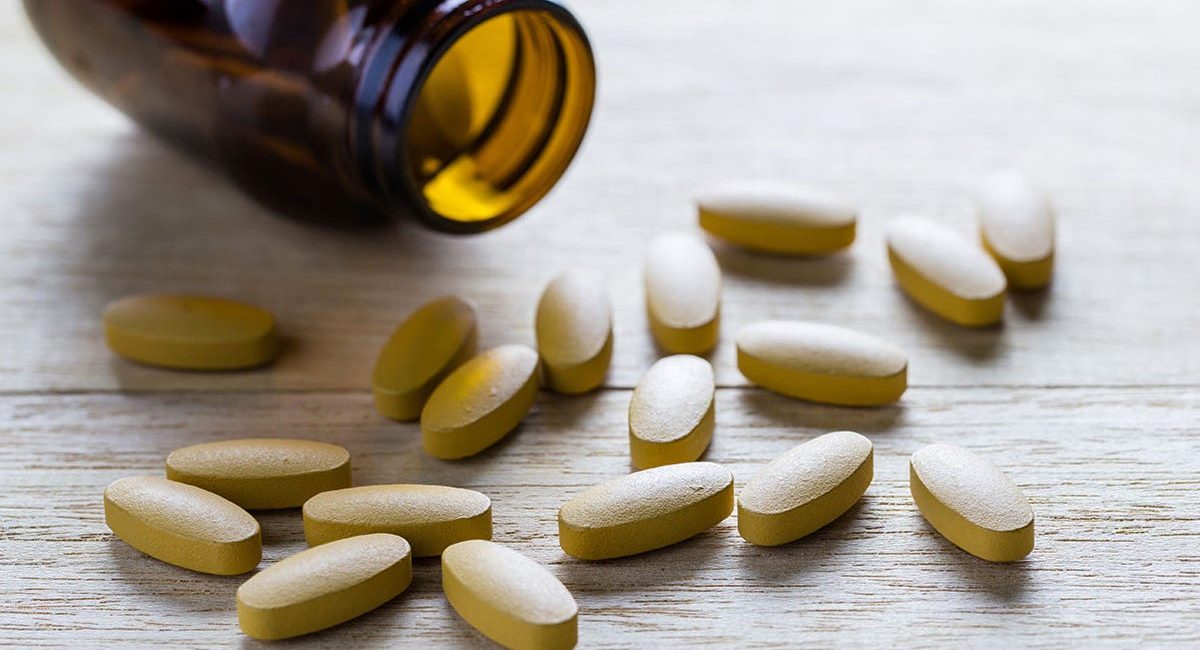“Amazon Prime Day,” the biannual online shopping frenzy, saw Americans filling their carts with everything from MacBooks to multivitamins. Retailers like Amazon and Walmart have become central to the health and nutrition marketplace, with Americans now spending billions annually on supplements, body care products and food. The convenience of doorstep delivery for items like baby formula or Retinol cream is unmatched.
But this convenience may come at a high price.
Increasingly, products purchased online may not be what they seem, posing hidden dangers to consumer health. While most third-party products are safe, researchers document a troubling rise in adulteration and counterfeiting. Weight loss supplements may contain banned pharmaceuticals, such as sibutramine, associated with increased risk of heart attacks and stroke, as well as unapproved stimulants or laxatives. These hidden ingredients pose health risks and can interact dangerously with other medications. Muscle-building supplements may be tainted with anabolic steroids, steroid-like substances, stimulants and undisclosed ingredients, risking liver damage, hormonal imbalances, aggressive behavior and other serious health problems.
In 2023, NOW Foods, a popular natural products brand, uncovered significant fraud involving counterfeit versions of its supplements sold on Amazon. Many contained rice flour instead of the labeled ingredients, and some tested positive for sildenafil, the active ingredient in Viagra. Counterfeit packaging featured obvious red flags, including incorrect bottle shapes, missing lot numbers, and mismatched lids. NOW Foods alerted the FDA and Amazon, prompting costly notifications and refunds.
The problem extends beyond supplements. FDA estimates up to 20% of cosmetics sold online could be counterfeit, containing hazardous substances like arsenic, mercury, lead, fecal matter and high bacterial loads. FOODAKAI’s 2025 Global Food Fraud Index reported a 385% increase in fraud incidents involving nuts and seeds, and a 23% rise for cereals and bakery products, driven by mislabeling, illegal additives and origin fraud. Unsafe baby formula concerns led the FDA to launch Operation Stork Speed for improved testing and oversight.
How can this happen if the FDA already oversees product safety?
It’s crucial to distinguish between two separate issues here: permissible ingredients versus fraudulent claims about product contents. FDA regulations determine which additives and chemicals can legally enter the U.S. supplement, food and cosmetics markets. Critics argue these guidelines are inadequate; new FDA Commissioner Marty Makary has vowed extensive safety reviews, highlighting controversies over additives like food dyes.
The second issue — fraudulent online product sales — is related but distinct. The online health marketplace resembles the Wild West: unprecedented product access coupled with lax FDA oversight enables counterfeiters to thrive. Stronger oversight is necessary, but excessive regulatory burdens must be avoided to ensure beneficial products still reach consumers.
Achieving this balance requires policies that align better with real human behavior. Rather than relying solely on mandates, which consumers and sellers naturally resist, smart policy should harness existing incentives. Encouraging retailers to seek trusted third-party certification rewards brands with increased consumer confidence. Requiring greater transparency about sellers helps shoppers make informed choices without restricting their freedom. Prompt responses to customer complaints reinforce trust and accountability. Supporting consumer education empowers smarter buying decisions, and fostering industry self-regulation encourages businesses to maintain high standards voluntarily. Lastly, establishing efficient recall mechanisms makes it easy for consumers to respond promptly to safety alerts.
In the meantime, what can average consumers do today? First, buy directly from official brand stores or products explicitly marked “sold and shipped” by major retailers themselves. Exercise caution with globally sourced products that may bypass stricter domestic oversight. Look for third-party certifications such as UL (Underwriters Laboratories) or NSF International. Avoid unfamiliar brands or those with limited reviews. Finally, monitor safety recalls and report suspicious products to retailers and the FDA’s Safety Reporting Portal.
More beneficial products than ever before are entering the market; the goal is to protect innovation and access. This isn’t about spreading fear; it’s about empowering consumer vigilance and thoughtfully adapting health policy to the realities of a changing marketplace.
Kelly Rogers Victor is a public health and food policy expert who lives in Metro Detroit.




No Comment! Be the first one.